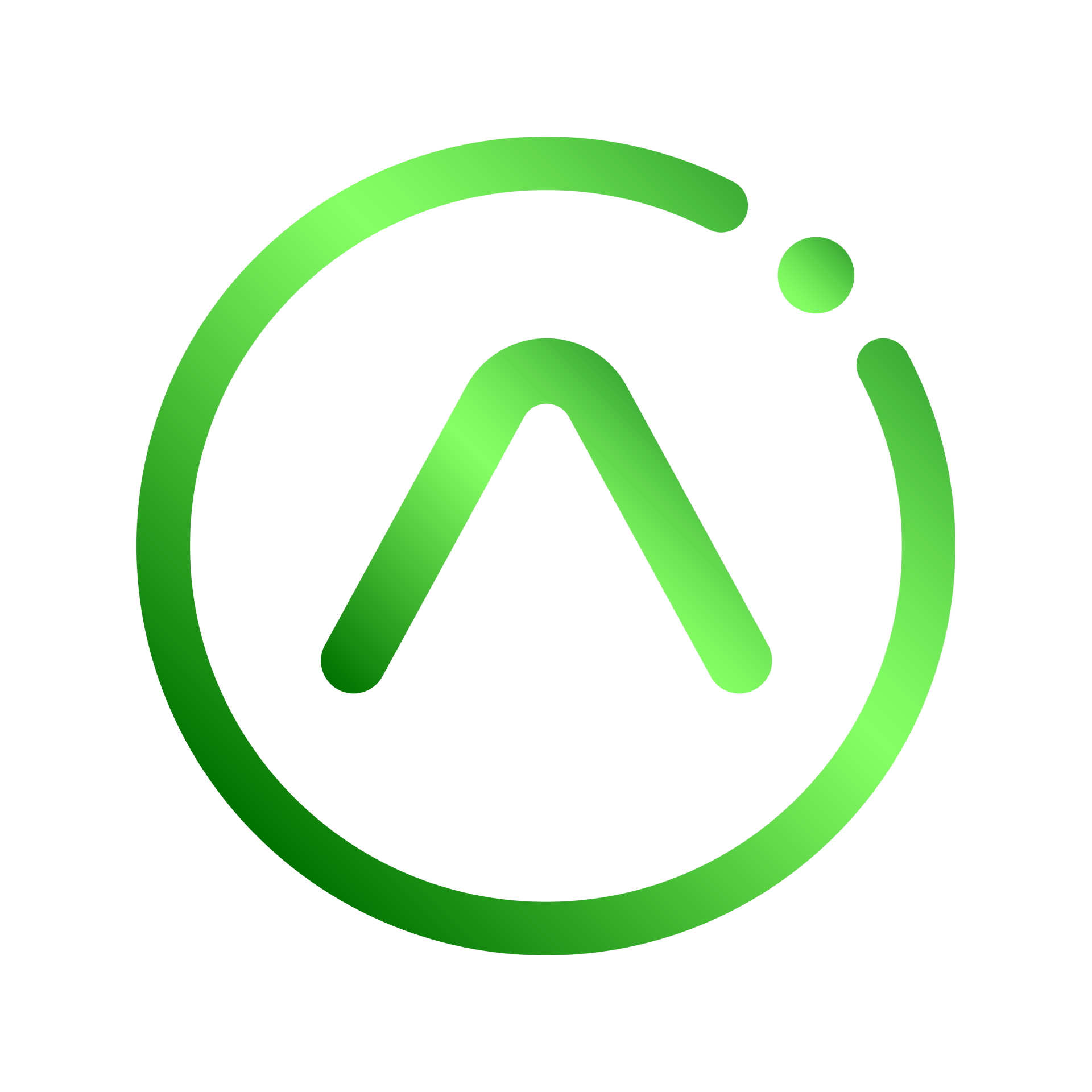NQF Level:
5
Credits:
220
Minimum Duration:
1.5 Years (3 Semesters)
Faculty:
Information, Communications & Future Technologies
Department:
AI, Robotics & Computer Science
Accreditation Authority:
Quality Council Trades & Occupations
EMPOWER YOUR FUTURE WITH OUR SOFTWARE DEVELOPER QUALIFICATION
Why Choose This Qualification?
This qualification is designed to develop versatile software developers who are skilled in the creation, maintenance, and optimisation of software applications across multiple platforms. By combining theoretical knowledge with practical application, the programme equips graduates with a deep understanding of programming languages, software development methodologies, and advanced problem-solving techniques. Graduates of this qualification will be adept at analysing user requirements, designing software that meets specific needs, and implementing scalable solutions that enhance operational efficiency and user satisfaction. Beyond technical expertise, the qualification fosters critical thinking and adaptive skills, preparing graduates to tackle complex business challenges in rapidly evolving technological environments. This includes the ability to troubleshoot and resolve software issues, optimise application performance, and recommend improvements based on best practices and emerging industry standards. With a strong foundation in software engineering principles, graduates are well-prepared to lead development projects, collaborate effectively in teams, and contribute meaningfully to digital transformation initiatives within diverse organisations.
Admission Requirements.
To gain admission to the qualification, applicants must satisfy one of the following minimum conditions: National Senior Certificate (NSC) or equivalent qualification at NQF Level 4 with a pass in English and Mathematics or Mathematical Literacy. Recognition of Prior Learning (RPL) is available.
Qualification Structure.
The qualification consists of knowledge components, practical skills, and work experience modules providing a comprehensive understanding of software development.
Learning Outcomes.
Upon completing the qualification, graduates will gain the following competencies:
Analyse specifications and challenges, transforming them into clear, actionable code while effectively communicating your approach.
Use industry-standard methodologies to design logical frameworks, creating solutions that meet both functional and technical business needs.
Write high-quality code to develop new solutions and enhance existing ones, using the best-suited programming language for maximum effectiveness.
Thoroughly test, maintain, and optimise software, recommending improvements to ensure top performance and alignment with all requirements.
Work with professionalism, efficiency, and integrity to help achieve team and company goals, making a meaningful impact.
Analyse specifications and challenges, transforming them into clear, actionable code while effectively communicating your approach.
Use industry-standard methodologies to design logical frameworks, creating solutions that meet both functional and technical business needs.
Write high-quality code to develop new solutions and enhance existing ones, using the best-suited programming language for maximum effectiveness.
Thoroughly test, maintain, and optimise software, recommending improvements to ensure top performance and alignment with all requirements.
Work with professionalism, efficiency, and integrity to help achieve team and company goals, making a meaningful impact.
International Comparability.
This qualification has been compared to international programmes like the Software Engineering Programme by Flatiron School (USA) and the Diploma of Information Technology by Upskilled (Australia). While all three qualifications cover foundational software development, coding, and data manipulation skills, this qualification stands out for its hands-on coding experience and focus on the latest technologies, such as HTML5, cloud computing, and data analytics. Unlike Flatiron’s focus on Ruby and JavaScript, this qualification covers a broader range of skills, including ethics, teamwork, and problem-solving. Compared to Upskilled’s emphasis on technical project management over two years, this qualification incorporates topics relevant to the Fourth and Fifth Industrial Revolutions, like machine learning and IoT, in a flexible, industry-focused curriculum that supports articulation into further studies in AI or IT.
Qualification Modes of Delivery and Support.
The Qualification is delivered through contact, blended and distance learning. Students will have access to state-of-the-art digital learning platforms including the Moodle Learner Management System, ensuring that they gain experience with the tools they will use in their future careers. Additional support services, such as academic advising, tutoring, and career guidance, are available to ensure student success.
Career Opportunities.
Graduates of the qualification will be well-prepared to pursue a range of career opportunities across different sectors, including software development, IT support, and data management. Some of the exciting job roles include:
Junior Web Developer
Junior Mobile App Developer
Quality Assurance (QA) Tester
Application Support Analyst
IT Support Specialist
DevOps Assistant
Junior Web Developer
Junior Mobile App Developer
Quality Assurance (QA) Tester
Application Support Analyst
IT Support Specialist
DevOps Assistant
Articulation Options.
Articulation refers to the opportunities available for students to advance their studies, move across similar fields or combine related disciplines for further specialisation. This qualification offers various pathways for students who wish to expand their studies.
Horizontal Articulation:
Occupational Certificate: Computer Technician (NQF Level 5)
Occupational Certificate: Artificial Intelligence Software Developer (NQF Level 5)
Vertical Articulation:
Occupational Certificate: School Principal (NQF Level 6)
Diagonal Articulation:
Diploma in Information & Communication Technology (NQF Level 6)
Horizontal Articulation:
Occupational Certificate: Computer Technician (NQF Level 5)
Occupational Certificate: Artificial Intelligence Software Developer (NQF Level 5)
Vertical Articulation:
Occupational Certificate: School Principal (NQF Level 6)
Diagonal Articulation:
Diploma in Information & Communication Technology (NQF Level 6)
Ensure Compliance, Empower Financial Accuracy.
With the Occupational Certificate in Software Development, you’re not just earning a qualification—you’re mastering the skills to build, maintain, and optimise software that drives innovation. Become a developer who creates impactful solutions, solves complex challenges, and powers the digital world.
Don’t wait to step into the dynamic field of software development.
Enroll today and start building a future where your code shapes the technology of tomorrow!
Don’t wait to step into the dynamic field of software development.
Enroll today and start building a future where your code shapes the technology of tomorrow!




